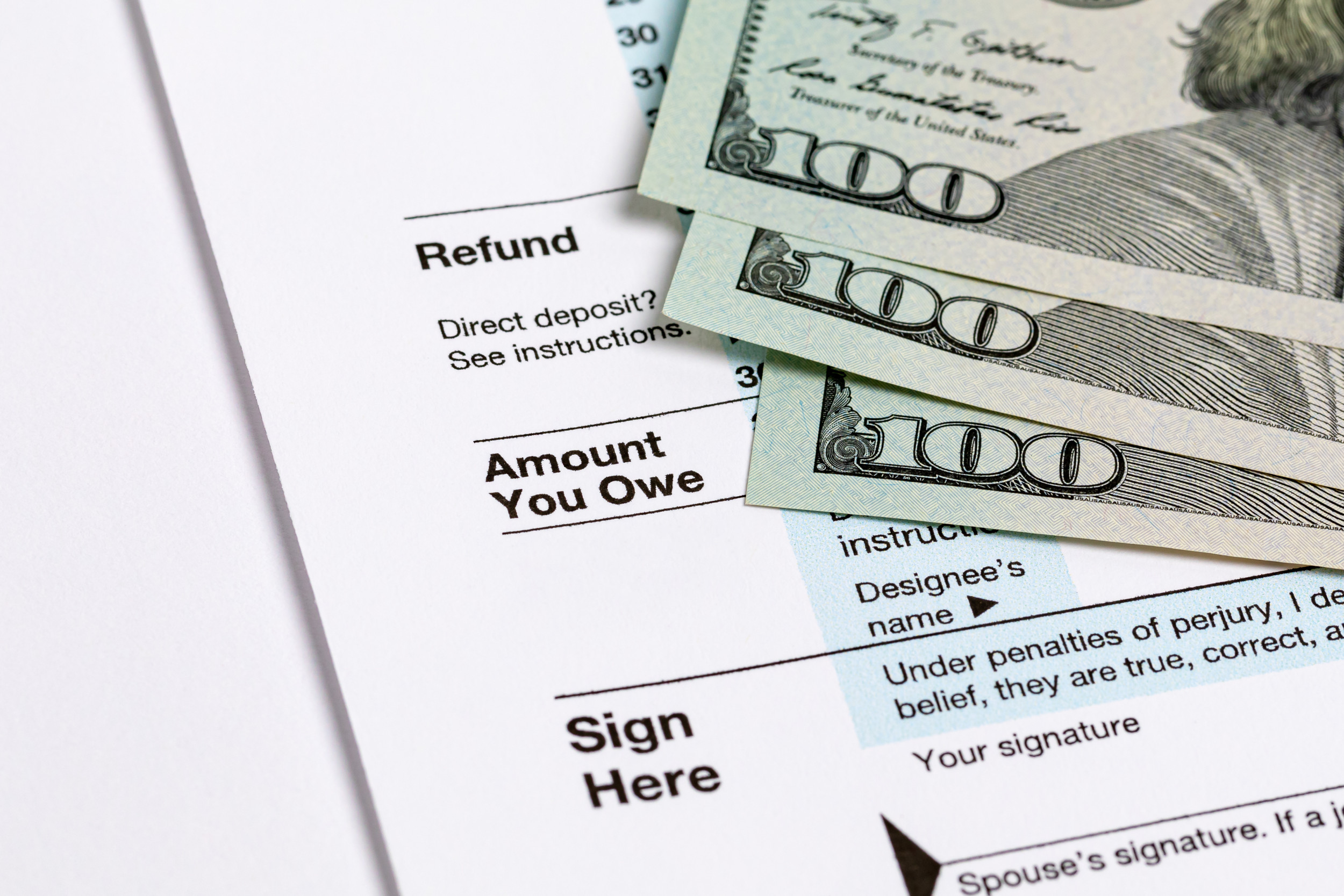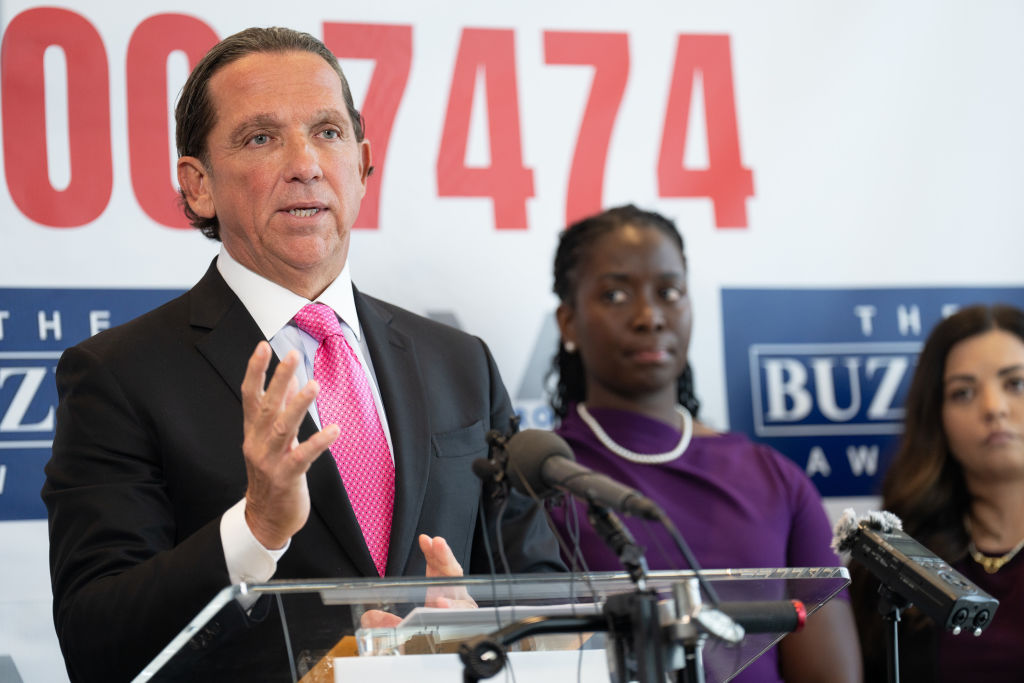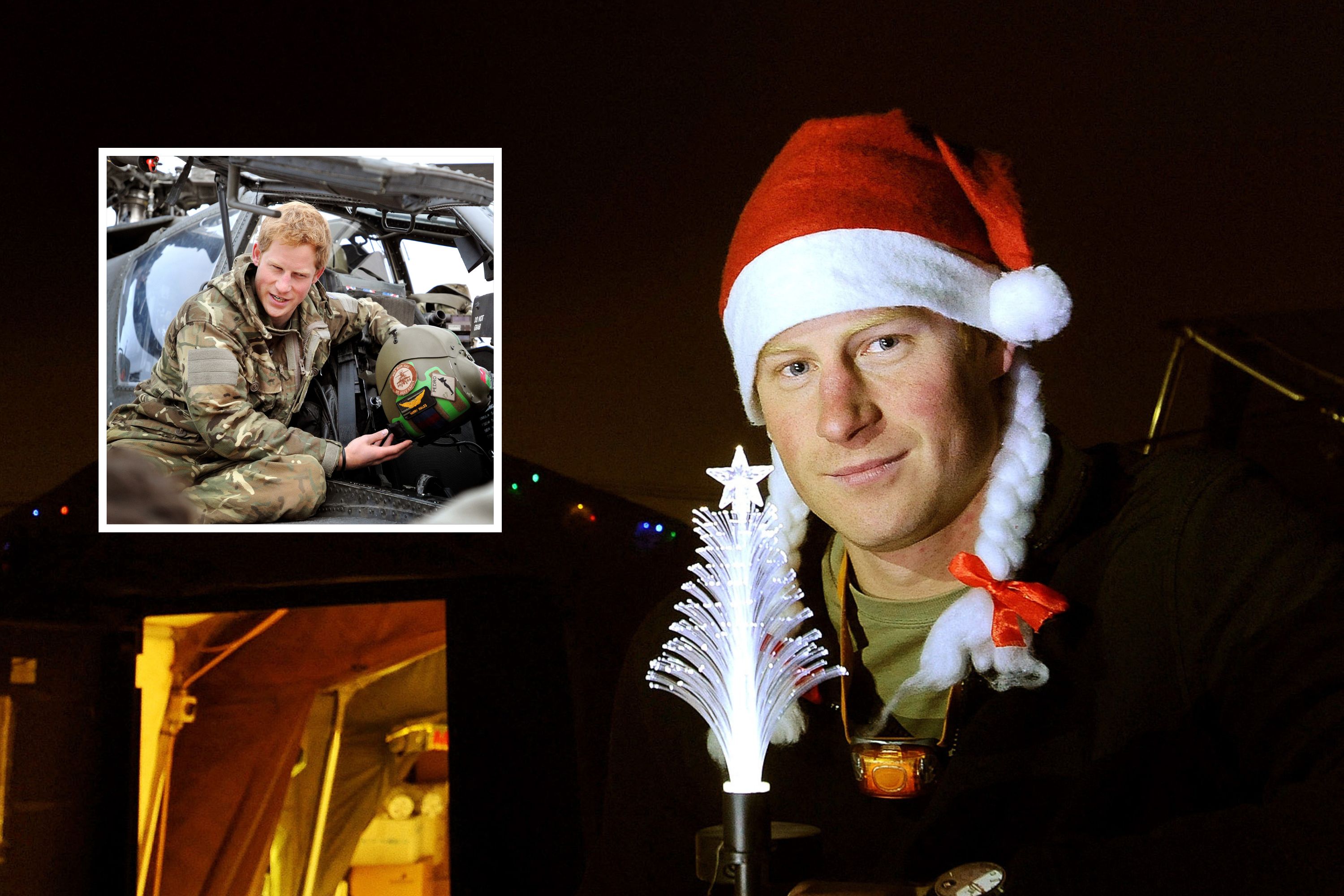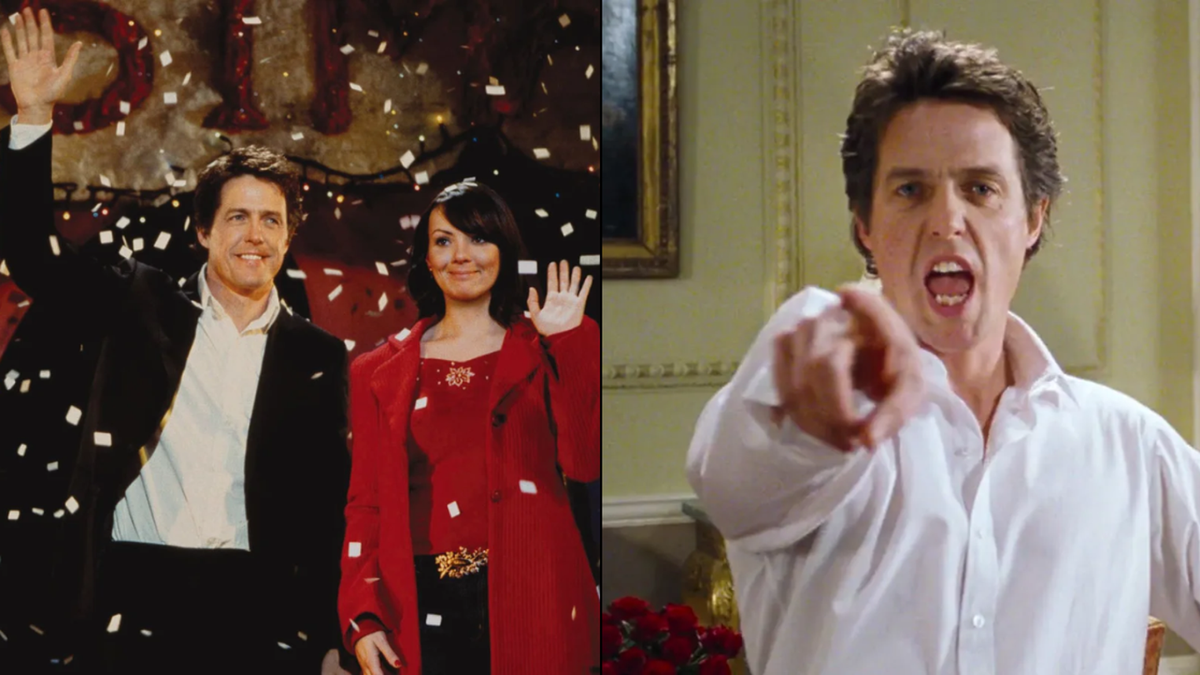Christmas is often called the most wonderful time of the year, but gift-giving can become a source of stress for many, especially married couples.
While giving gifts is intended as an act of kindness, it can easily lead to tension, as revealed in an October survey conducted by DatingNews.com. Over one-third (37 percent) of respondents said that gift-giving adds pressure to romantic relationships, possibly because gifts are often perceived as reflections of the relationship itself.
Two-thirds agreed that giving gifts expresses their feelings for their partner, and 65 percent believed a gift reveals how their partner feels about them.
A present can impact a relationship, either strengthening it or creating friction. Newsweek consulted two therapists for their expert insights to explore what different types of gifts reveal about a marriage.
A Bad Present
It's challenging to define a universally "bad present," as the saying goes: "One man's trash is another man's treasure." Personal preferences play a significant role.
For example, diamond earrings could be seen as a poor choice, depending on the giftee, noted Dr. Molly Burrets, a licensed clinical psychologist specializing in couples therapy. A recipient who dislikes jewelry is unlikely to feel excited or appreciated upon receiving them.
"Most people want to feel seen, understood, and valued by their spouse," said Burrets, an adjunct professor in the Department of Marriage and Family Therapy at the University of Southern California (USC). "A bad present is one that communicates, often unintentionally, that your spouse is invisible to you, misunderstood, or unappreciated."
What Is a Good Gift?
A thoughtful gift can take many forms. While some couples exchange heartfelt holiday wishes, others enjoy the surprise of an unexpected gift. Ultimately, the key to a great present lies in its ability to resonate with the recipient.
Practical Presents

Newsweek spoke with Michelle English, a family therapist, to explore how different types of gifts reflect marital dynamics. While unwrapping kitchenware or tools on Christmas morning might lack the glamour of sparkling jewelry, such gifts are not necessarily unappreciated.
"These gifts come from a place of collaboration," said English, a social worker based in San Diego. "They symbolize relationships where love is expressed through creating efficient, functional lives together rather than romantic gestures. Even seemingly mundane gifts often reflect kindness, as the giver has thoughtfully considered the couple's needs.
"However, romance cannot thrive on practicality alone," she cautioned. "Gifting only practical items can emotionally drain the recipient, leaving them feeling that love is reduced to routines."
Burrets added, "A practical gift can still be thoughtful. However, a thoughtless gift—one that makes your spouse feel misunderstood, devalued, or invisible—may signal the need for focused attention and TLC in the relationship."
Luxury Items

Luxury gifts, such as expensive jewelry or designer items, can make a bold statement but may hint at deeper relational dynamics.
"These gifts express a love filled with grand gestures and action rather than quiet reflection," said English, the co-founder and executive clinical manager at Healthy Life Recovery. "They also imply financial stability and often reflect material appreciation as a core part of the relationship."
However, lavish presents can sometimes mask unresolved tensions. "An expensive gift may be given as an apology," she added.
Burrets echoed this sentiment: "There is no reliable correlation between the amount of money spent on a gift and the level of love or affection in a relationship. An expensive gift is no more a sign of satisfaction than an inexpensive one is a sign of dissatisfaction.
"The most meaningful gifts are those chosen with thoughtful consideration for a couple's finances and priorities, motivated by a genuine desire to make the spouse feel seen, understood, and valued."
Budget Gifts

The saying "It's the thought that counts" is particularly true for budget-friendly presents. A cherished book or a simple, meaningful token can hold great emotional value.
"It shows that the giver cares for the receiver as a person with emotions, rather than focusing on lavish spending," said English. "Such gifts are an emotional investment, connecting with the recipient's unique tastes and desires."
Experiences: Theatre Tickets, Holidays, or Days Out
English highlighted that shared experiences—like theater tickets, holidays, or outings—can significantly strengthen a couple's bond.
"Couples who focus on making memories together aim to deepen their connection," she explained.
Overall, it seems that by focusing on thoughtful gestures and shared experiences, couples can use the holiday season to deepen their connection and create lasting memories rather than succumbing to the stress of finding the "perfect" present.
Have you had a Christmas dilemma? Let us know via life@newsweek.com. We can ask experts for advice on relationships, family, friends, money, and work, and your story could be featured on Newsweek's "What Should I Do? section.




















 English (US) ·
English (US) ·